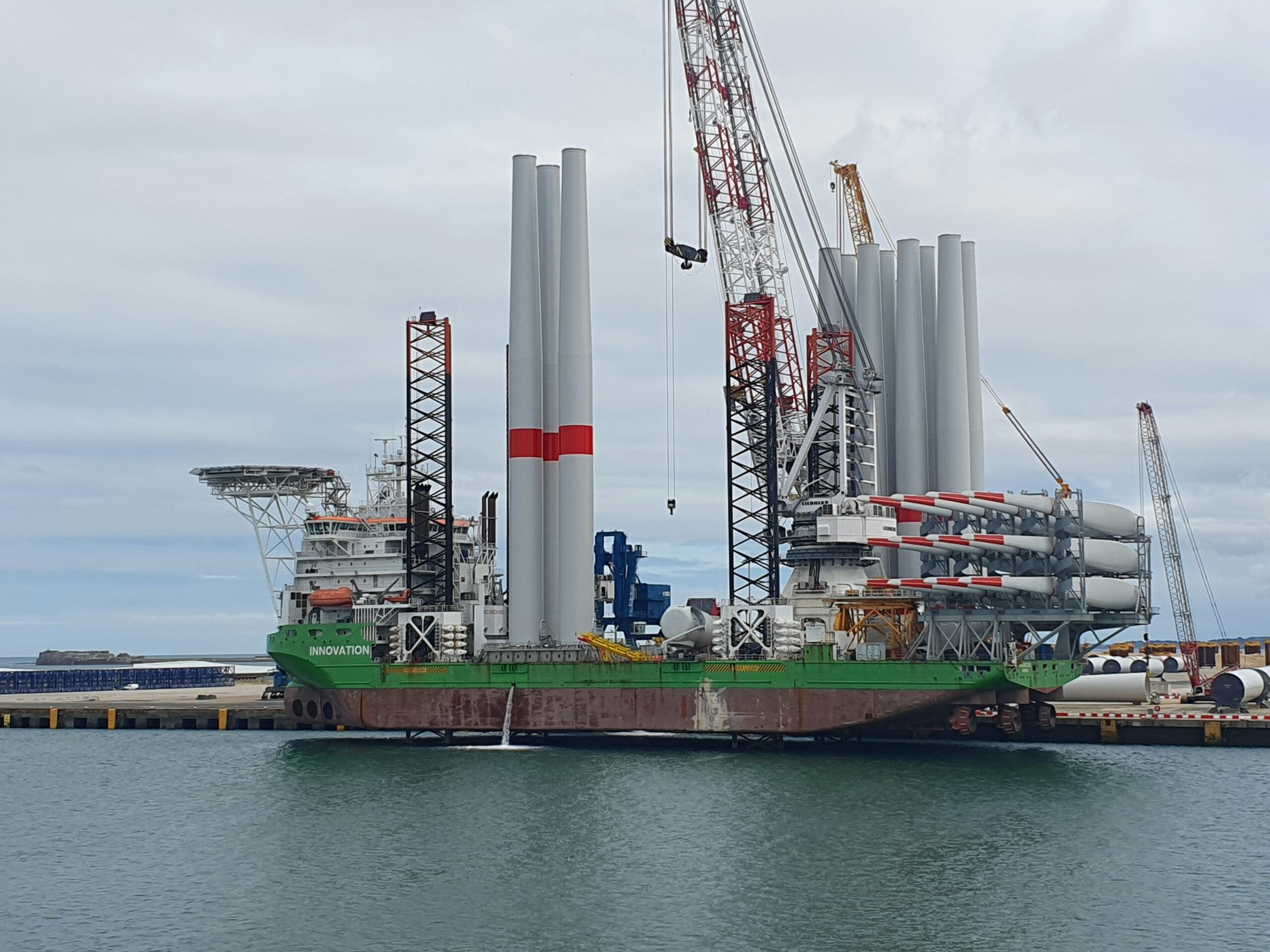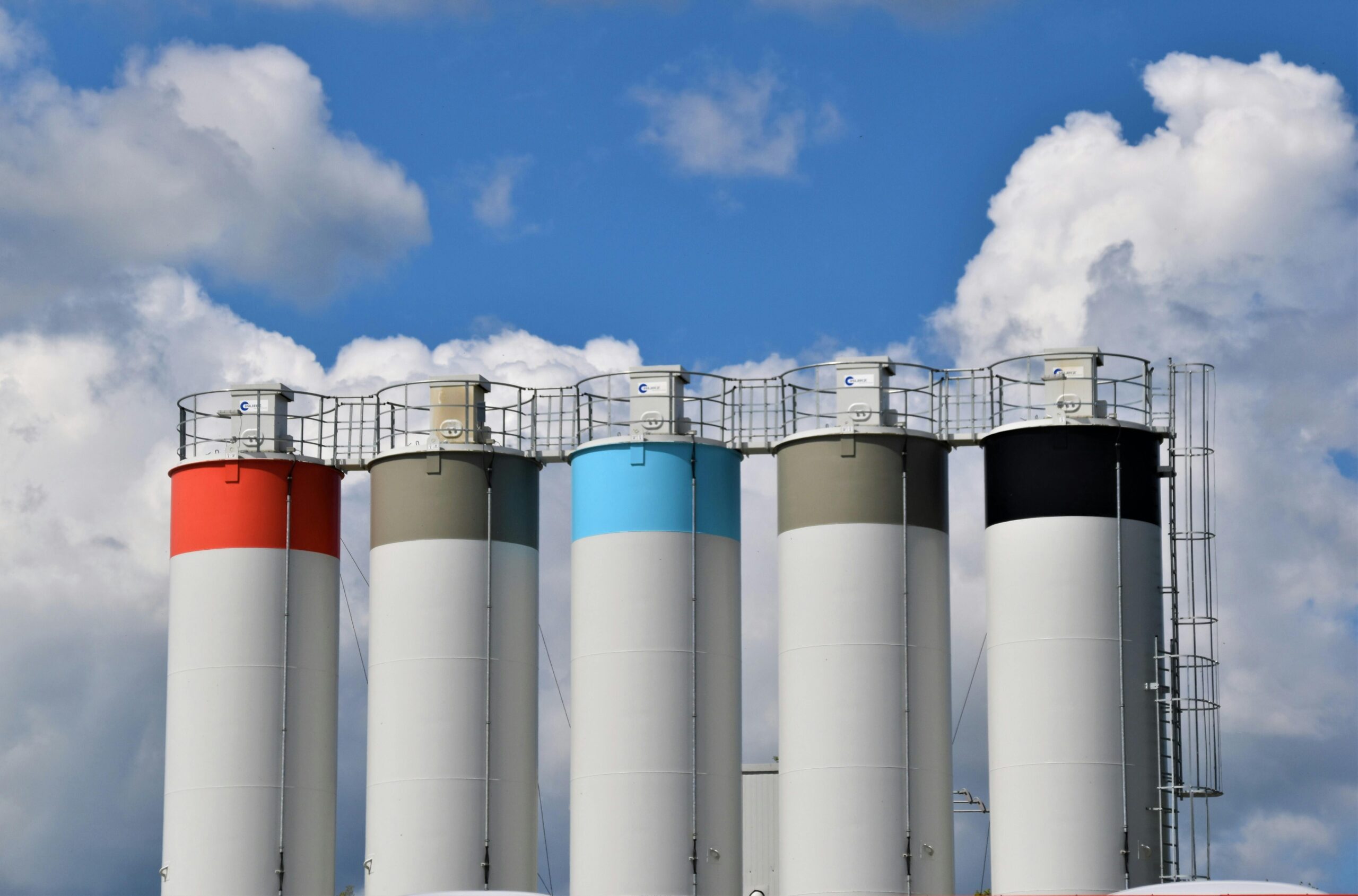Impact of Seasonal Variations on Bunker Fuel Properties
Introduction The properties of bunker fuel, which is essential for powering marine vessels, can be significantly influenced by seasonal variations. These changes impact fuel quality, handling, combustion performance, and ultimately the operational efficiency of ships. Understanding the effects of seasonal variations on bunker
Legal Disputes and Arbitration in the Bunker Fuel Industry
Introduction The bunker fuel industry is a vital part of the global shipping sector, providing the fuel necessary for the operation of commercial vessels. However, it is also a complex and often contentious field, characterized by numerous legal disputes arising from contractual disagreements,
Performance Characteristics of Residual vs. Distillate Marine Fuels
Introduction Marine fuels are essential for the operation of the global shipping industry, with two primary categories being residual and distillate fuels. Residual fuels, also known as heavy fuel oils (HFO), are the thick, viscous by-products of the refining process, while distillate fuels,
Developments in Bunker Fuel Delivery and Bunkering Operations
Introduction Bunkering operations, the process of supplying fuel to ships, are a critical component of the maritime industry. With the advent of stricter environmental regulations, technological advancements, and the growing emphasis on operational efficiency, the bunkering sector has witnessed significant developments. This article
Carbon Footprint Analysis of Fossil Fuels vs. Alternative Marine Fuels
Introduction The shipping industry is a significant contributor to global greenhouse gas (GHG) emissions, primarily due to the extensive use of bunker fuels. As concerns about climate change intensify, the maritime sector faces increasing pressure to reduce its carbon footprint. Alternative marine fuels,
Impact of Ship Speed Reduction Policies on Bunker Fuel Usage
Introduction The maritime industry plays a vital role in global trade, but it also contributes significantly to greenhouse gas (GHG) emissions and air pollution. In response to environmental concerns, various policies aimed at reducing ship speeds have been implemented. These speed reduction policies
Bunker Fuel Consumption Patterns of Different Ship Classes
Introduction Bunker fuel consumption is a significant operational and economic consideration for the maritime industry, influenced by various factors including ship design, size, propulsion systems, and operational profiles. Understanding bunker fuel consumption patterns across different ship classes is crucial for optimizing fuel efficiency,
Role of Digitalization in Optimizing Bunker Fuel Procurement
Introduction Bunker fuel procurement is a critical function in the maritime industry, influencing operational efficiency, cost management, and environmental impact. The advent of digitalization has revolutionized how shipping companies approach fuel procurement, offering tools and strategies that optimize sourcing, pricing, and compliance. This
Innovations in Bunker Fuel Storage Infrastructure
Introduction The maritime industry is crucial to global trade, but it faces significant challenges due to increasing environmental regulations and the need for more efficient fuel management. Innovations in bunker fuel storage infrastructure are essential to address these challenges, ensuring the safe, efficient,
Impact of Polar Routes on Bunker Fuel Consumption and Logistics
Introduction The opening of polar routes, particularly the Northern Sea Route (NSR) and the Northwest Passage (NWP), has garnered significant attention in the maritime industry. As climate change reduces sea ice in the Arctic, these routes offer shorter travel distances between major markets








